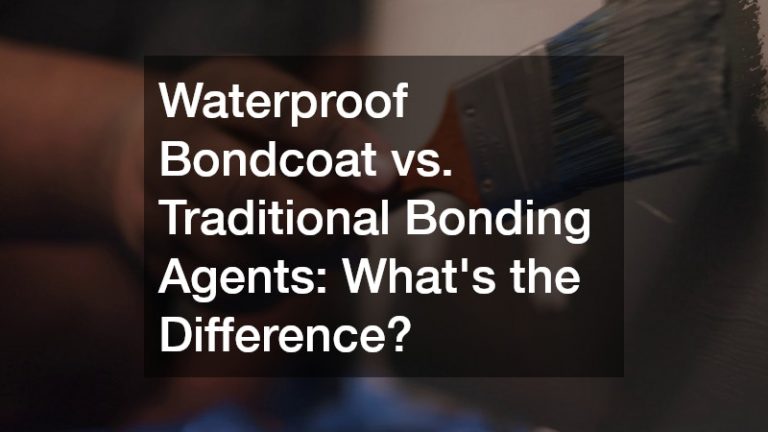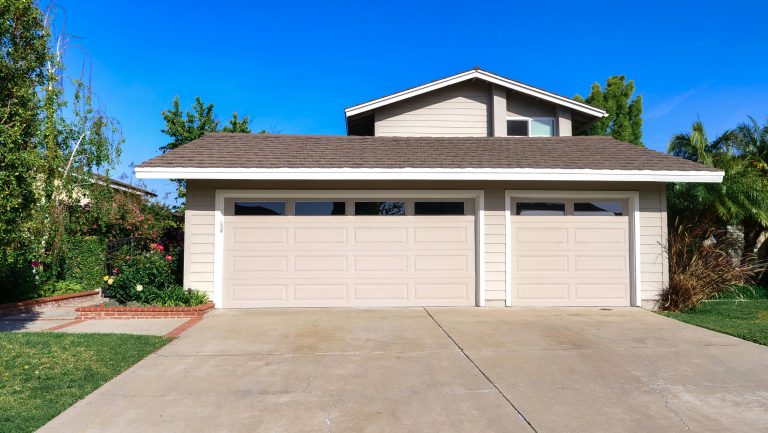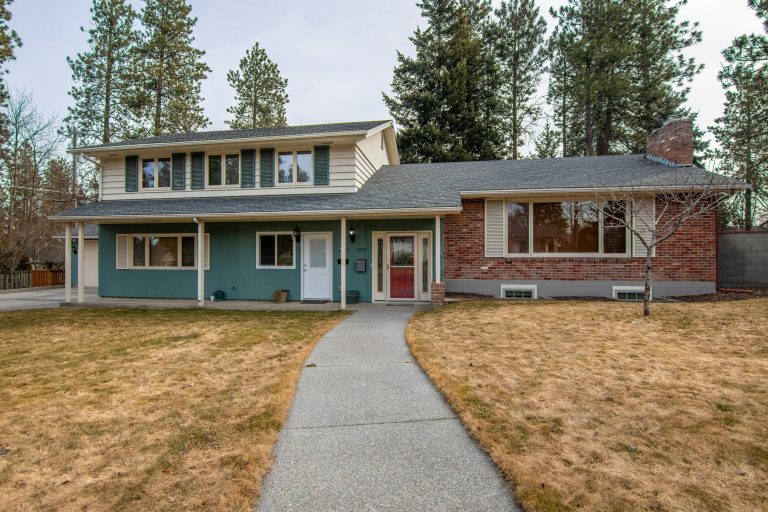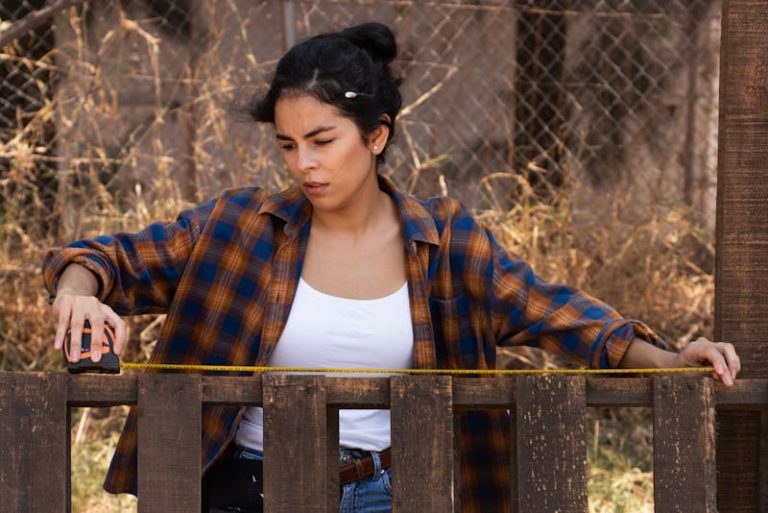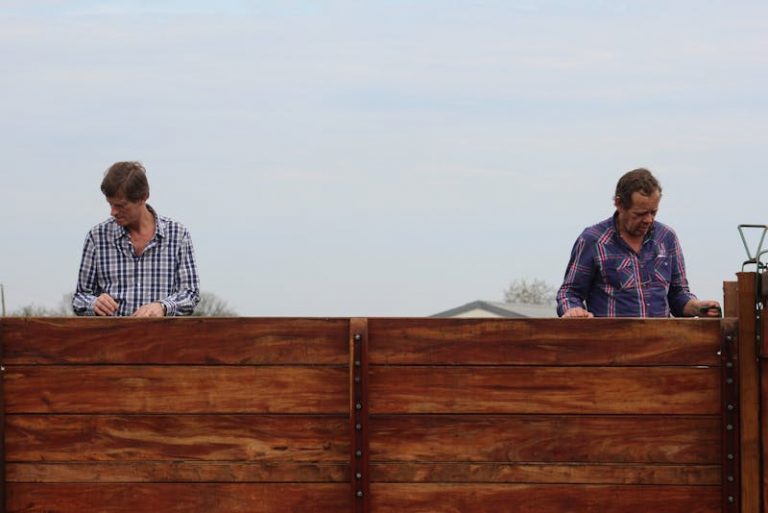
Adding a pool screen enclosure to your swimming area provides multiple benefits, including keeping debris and insects out, enhancing privacy, and creating a safer environment. These structures are a practical and stylish addition for pool owners. The cost of pool screen installations can vary depending on factors such as size, design, and materials used. Typically, the pool screen enclosure price ranges from $3,000 to $15,000 or more, depending on the complexity of the project and the type of screens chosen.
When budgeting, consider the screen enclosure materials used. Options include fiberglass, aluminum, or polyester screens, each offering different durability levels, UV resistance, and price points. Aluminum frames are a popular choice due to their strength and resistance to corrosion, making them ideal for outdoor environments. The overall screen enclosure cost will also depend on labor and additional features like doors, custom shapes, or specialized coatings. For budget-friendly solutions, consider working with a contractor who can suggest designs that balance cost and functionality.
Investing in a pool screen enclosure not only extends the lifespan of your pool but also enhances the usability of your outdoor space, making it a worthwhile addition for any pool owner. Call your local pool company today or talk with a local design contractor and see what pool screen options are best for your home!
Swimming is the fourth most popular thing for Americans to do when it comes to sports or activities. The average American will swim in a pool about six times every year, and swimming is the most popular recreation for Americans between the ages of seven and 17. There are a lot of good reasons to get a pool, particularly if you live in a warm climate and can use it year-round, and if you have a pool there is a good chance that you could use a pool screen enclosure. Here’s what you need to know about pool screens and what they can do.
What is a Screen Enclosure?
A pool screen enclosure allows you to enjoy your pool with a lot less maintenance. A pool screen enclosure is typically made up of a frame and an 18/14 or 20/20 fiberglass screen That allows air and visibility for those using the pool but keeps out insects and provides a bit of privacy. There are quite a few frame colors available and styles that can match the look of your home or create a unique look, depending on preference.
What Are the Benefits of a Screen Enclosure?
One of the first reasons that most people will consider getting a screen enclosure is bugs and insects. Before you get a pool, no one really tells you how much time you’re going to be spending cleaning all of those dead bugs off the surface. This is one of the top benefits of having a screen enclosure, but it’s not the only one. A screen enclosure also keeps out the leaves and debris, which again saves you on filter costs and keeps you from spending all your time skimming and cleaning your pool.
Insects aren’t the only wildlife that it keeps out, either, as mice, snakes, alligators, bears, and even your neighbor’s dog have been known to show up to take a swim. Another great benefit of having a screen enclosure is the shade that it provides. Pool screens let lots of sunlight in, but they prevent direct sun from hitting the pool. This makes everyone more comfortable, protects from sunburn, and even protects your pool and the surrounding patio from UV degradation.
A pool screen is also a great way to keep an eye on your kids and ensure their safety. While they are at the pool, they won’t be running away out of your sight. When you don’t want them in the pool because you’re not able to watch them, you can simply lock them out. A pool screen is also a great way to provide a bit of privacy for you and your kids.
What Do I Need to Consider?
Before you buy a screen enclosure, it is important to consider your personal feelings and the architectural realities that surround your pool. How large is the pool area and everything that you want to enclose? This will affect costs and help determine whether pool enclosure is a viable solution for you. Location is also important, as a pool that exists in a wide open area with few trees around it will have a lot less debris in it. Finally, of course, some people want their pool to be open and will feel claustrophobic with the pool enclosure. This is a personal preference that you should simply consider before making a final decision.
Are There Any Disadvantages?
As with everything in life, there is both an upside and downside to having a screen enclosure. Over time, enclosures tend to develop mildew and need to be pressure washed. It’s also common for screens to be torn or damaged, and sometimes these can be difficult to replace. In general, however, trading in these occasional larger maintenance issues for the constant regular maintenance and costs of cleaning and maintaining an exposed pool is a fair trade-off.
A screen enclosure can provide protection and privacy for you, your family, and the investment that is your pool. If you’re not sure, find pool contractors in your area and find out what options and costs are available to you.

